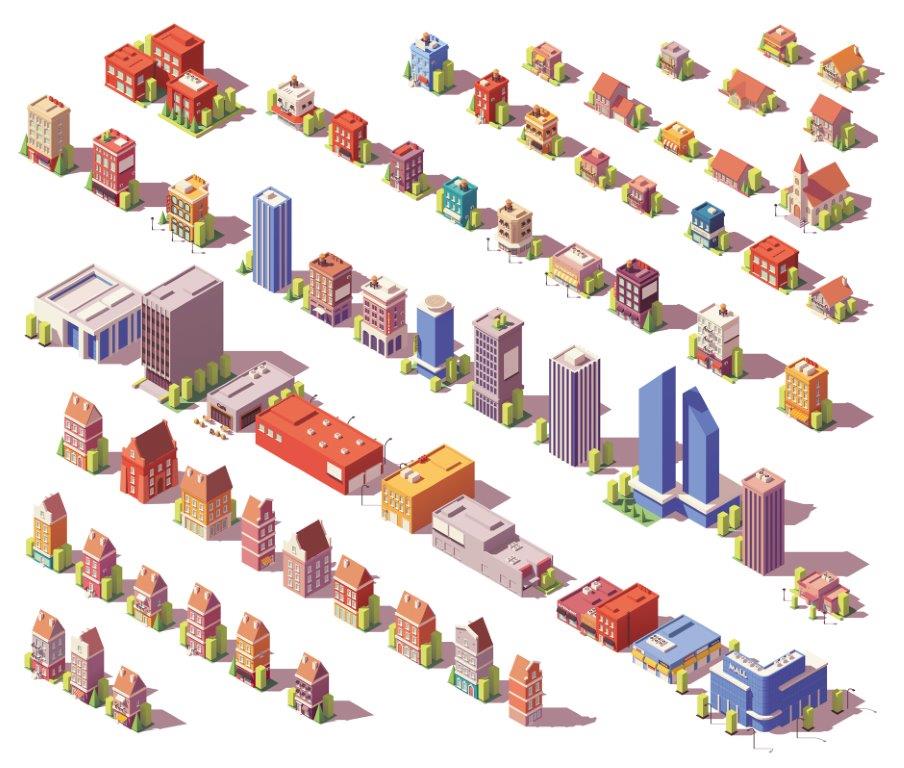As a New Jersey business owner, you have certain defined responsibilities to people who are on your premises.
New Jersey law classifies occupiers of premises as trespassers, licensees and business invitees. Your duty to protect these persons depends upon their status.
Your responsibilities to a trespasser:
A trespasser is defined as someone who, as an example, enters your business when you are closed. If the trespasser is injured by a hazardous condition on your premises, your responsibility is merely to refrain from any behavior that would willfully injure this person. For example, if this person is electrocuted by a live wire, you have no liability. But if you are aware of a trespasser and you attack and injure that person in an effort to subdue them, you would be responsible for their injuries.
Your responsibilities to a licensee:
A licensee is a person who is not a customer of your business but is permitted to come onto your property. An example of those who are licensees are salespeople, solicitors canvassing, tourists visiting a factory at their own request, people who enter a building to get out of the rain, parents in search of their children or someone who comes into your store to borrow tools.
You must abstain from willfully injuring a licensee. If you know of a hazardous condition on your premises, you must warn the licensee or correct the condition to make it reasonably safe. You do not have the responsibility to actually inspect and discover hidden defects; only to warn the person of any dangerous conditions of which you are aware.
Your responsibilities to a business invitee:
You owe the highest responsibility to persons on your premises who are business invitees. This is a person who enters your business by expressed or implied invitation. Your responsibility is to take such steps as are reasonable and prudent to correct or give warning of hazardous conditions or defects which you could reasonably discover. Even if one of your employees has knowledge of an unsafe condition, this is the same as you having such knowledge.
An “expressed invitation” is easy to define and an example would be a restaurant patron who falls due to an uplifted floorboard.
But what is an “implied” invitation? This is defined as whether the entry of the person was for a purpose directly or indirectly connected with the business and was of a mutual interest or advantage to both the business owner and the entrant. For example: If you, as the business owner, knew and agreed to visits by salesmen to sell merchandise to employees and if that salesman felt welcome to enter your business, that person would be considered an “implied invitee.”
You have the highest affirmative duty to invitees to make your business premises safe for the proper use by the invitee. This includes your responsibility to inspect your premises to discover unsafe conditions.
To go one step further, if you as the business owner, or one of your employees, created an unsafe condition (such as leaving a wet mop in a customer aisle) then the injured patron can recover damages against you even if you did not know of this condition.
And let’s go even one step further: there is a New Jersey rule called the “mode of operation” rule that applies to self-service businesses. If you operate a business that is self-service, unsupervised by employees, there is an increased risk that an unsafe condition will go undetected and that customers will be injured. The requirements for your liability are that (1) your business is a self-service operation; (2) that the customer’s accident happened in an area affected by your self-service operation; and (3) that there is a reasonable connection between your self-service activity and the unsafe condition causing the injury. If all three are met, there is no need for you to have knowledge of this unsafe condition for the customer to recover damages against you. There are many examples of the “mode of operation” rule where this responsibility may exist:
- Vegetables sold from open self-service bins;
- A wet floor near a self-service bin containing wet vegetables;
- Where a customer was struck by a line of shopping carts and propelled through a plate glass window because of the unsafe design and construction of a ramp and there were shopping carts moving in and around the supermarket store;
- Where a customer of Costco slipped on cheesecake given out from a free sample stand.
In summary, you, as the business owner, must first assess the status of the person on your business premises, and then that status will determine what your responsibilities are to that person.
As a business owner or operator, your best defense to personal injury claims by patrons is to instill vigilance with your employees to be on the lookout for any condition upon your premises that appears unsafe or dangerous and likely to inflict harm!









